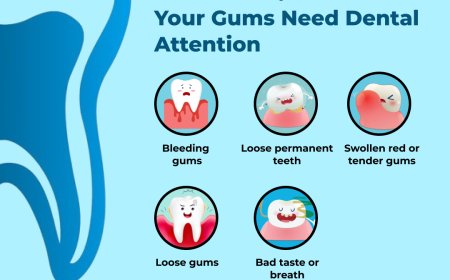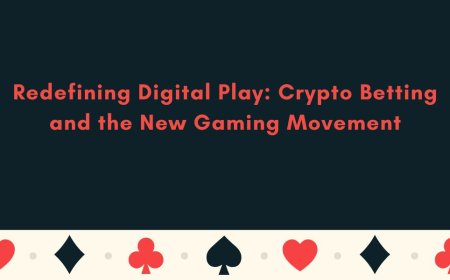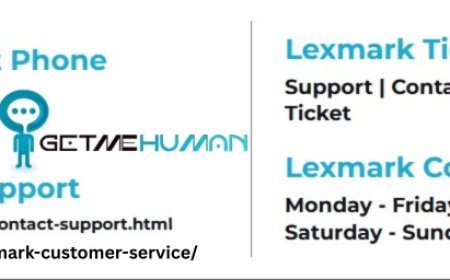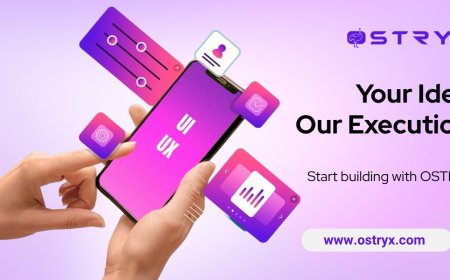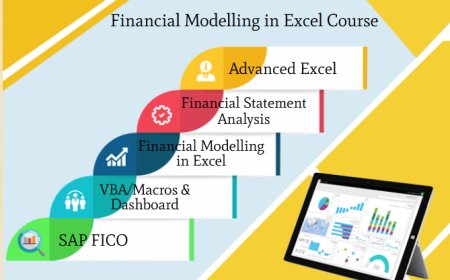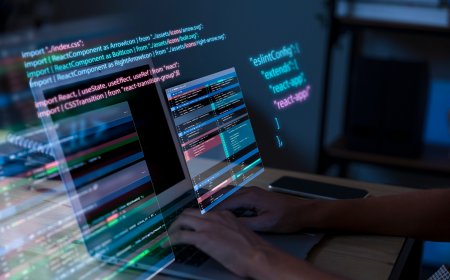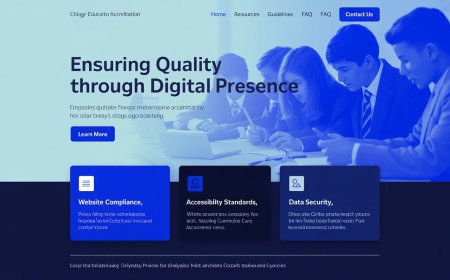How Music Keyboard Courses Enhance Coordination and Memory
Music keyboard courses are not just an artistic endeavor—they are a scientifically backed method for enhancing brain and body function

Learning to play the music keyboard is more than just acquiring a musical skillits a holistic brain-body experience that boosts cognitive function, fine motor skills, and emotional well-being. While many people take up keyboard courses for creative expression or as a hobby, research shows that this training significantly enhances coordination and memory in learners of all ages. This article explores how music keyboard courses contribute to these cognitive and physical improvements and why they are especially valuable in todays fast-paced, multitasking world.
The Mind-Body Connection in Keyboard Playing
Playing the keyboard is a complex activity involving the synchronization of both hands, foot pedals (in advanced cases), eyes, and brain. This level of multitasking strengthens the brain's ability to process multiple inputs simultaneously. When you press a key, read sheet music, listen to pitch, and adjust finger placementall in real-timeyoure essentially working out your brain like a muscle.
The brain regions activated include the prefrontal cortex (responsible for decision-making and planning), motor cortex (controls voluntary muscle movements), auditory cortex (processes sound), and hippocampus (vital for memory). This mental stimulation strengthens neural pathways and promotes neuroplasticitythe brains ability to reorganize itself by forming new connections.
Enhancing Hand-Eye Coordination and Motor Skills
One of the most apparent benefits of learning the keyboard is improved coordination, particularly hand-eye and bimanual coordination. Beginners quickly learn that each hand may need to play a different rhythm or melody line, forcing them to operate independently yet harmoniously. This bilateral hand independence challenges the brain to develop more precise motor control.
For children, this translates to improved fine motor skills, which are critical for tasks like writing, tying shoes, and even using digital devices. In adults and seniors, the repetitive movement and coordination exercises serve as a protective mechanism against motor decline and conditions such as arthritis or Parkinsons disease.
Boosting Short-Term and Long-Term Memory
Keyboard playing has been shown to enhance both short-term working memory and long-term recall. Students often need to remember sequences of notes, chord progressions, and even full compositions. This regular memory exercise activates the hippocampus, which plays a critical role in memory formation.
Moreover, music reading enhances symbolic memorythe ability to recall patterns, symbols, and their meanings. With continuous practice, learners start memorizing entire pieces and scales, which enhances their spatial-temporal reasoning and long-term retention.
Auditory and Muscle Memory Integration
In keyboard learning, muscle memory and auditory memory are equally crucial. Over time, fingers "learn" where to go, and players begin to rely less on visual cues and more on tactile and auditory feedback. This integration of sensory modalities helps form stronger memory links.
When a student plays a familiar piece, they often know when theyve hit the wrong note before seeing itbecause their ears and fingers are deeply trained to work together. This automatic response is evidence of deeply ingrained memory pathways, resulting in smoother, more confident playing.
Memory Benefits Across Age Groups
For children, keyboard lessons enhance cognitive development, attention span, and learning capabilities. Studies have shown that children who take music lessons outperform their peers in reading comprehension, mathematics, and memory tasks.
For adults, keyboard playing can help reduce cognitive aging. Its an engaging way to stay mentally agile, with some research suggesting it may delay the onset of memory-related conditions like Alzheimers disease.
For seniors, the benefits are twofold: improved cognitive function and a sense of accomplishment. Many senior learners report better concentration, mood, and memory after consistent lessons.
Coordination and Memory in Academic and Daily Life
The skills learned at the keyboard easily transfer into daily life and academic performance. Improved coordination helps in sports and other physical activities, while enhanced memory supports studying, problem-solving, and multitasking. Keyboard students often find themselves better able to concentrate during long tasks and less overwhelmed by complex instructions or sequences.
Why Structured Courses Make a Difference
While self-taught learners can certainly benefit, structured music keyboard courses provide a progressive, well-rounded approach that maximizes cognitive and physical development. Certified instructors understand how to sequence learning, challenge the brain, and reinforce memory through repetition, variation, and active feedback.
Group keyboard classes also add a social memory elementremembering cues, collaboration sequences, and peer feedbackwhich further strengthens the brains network.
Final Thoughts
Music keyboard courses are not just an artistic endeavorthey are a scientifically backed method for enhancing brain and body function. From building coordination to boosting memory, the keyboard is an effective and enjoyable tool for lifelong learning and cognitive development.
Whether you are a parent seeking enrichment for your child, an adult looking to improve mental sharpness, or a senior hoping to keep your mind active, a structured keyboard course can offer lasting benefits. So, dont just listen to musiclearn to play it, and let your brain dance to a smarter rhythm.








